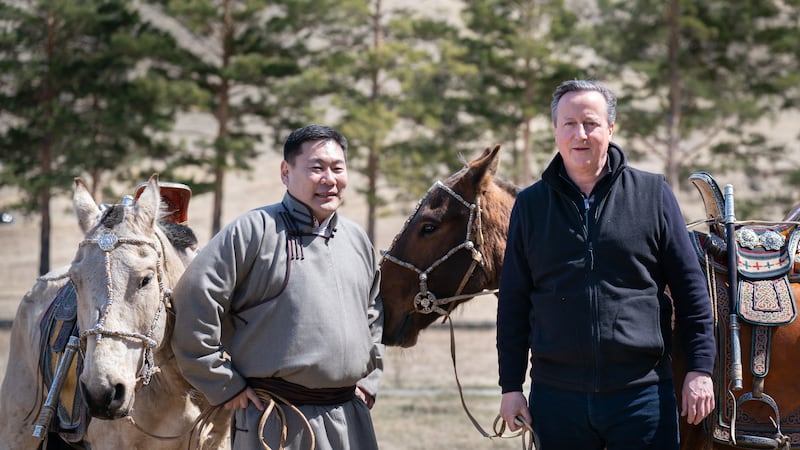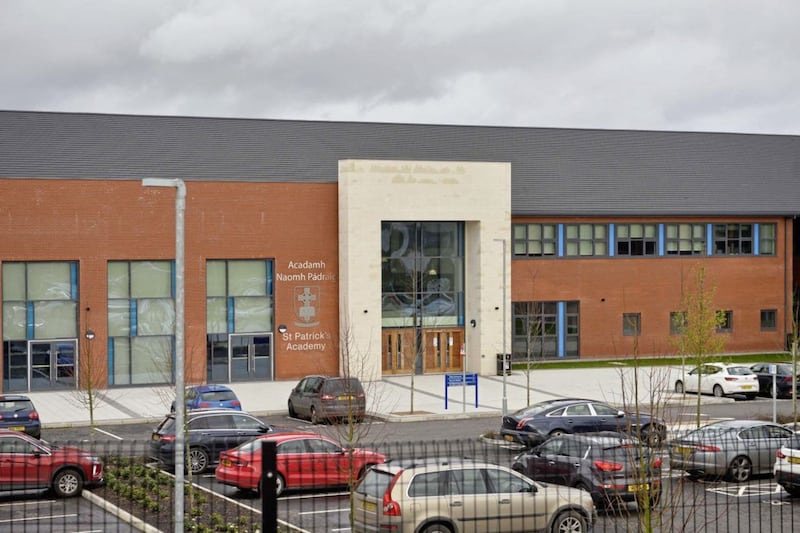In August 1968 the Northern Ireland Civil Rights Association (NICRA) organised its first march from Coalisland to Dungannon. On February 6 1972, Nicra organised what was effectively its last civil rights march, in Newry, to protest the State killing of unarmed civilians taking part in the Derry march on what became Bloody Sunday.
Nicra was formed by people who were members of political parties and groups who united, despite other differences, to collectively campaign for basic reforms which they believed would provide basic equality of citizenship within the political structures of the north.
Founding members were drawn from the Northern Ireland Liberal Party; N. Ireland Labour Party; Republican Labour Party; Communist Party of Ireland; Nationalist Party and the various Republican Clubs, which were the northern membership of Sinn Féin (headquartered in Gardiner Place, Dublin).
The Nicra ‘strapline’ was ‘non-violent; non-sectarian; non-political’.
At that time there was no Provisional Sinn Féin/IRA, no SDLP, no IRSP, no Alliance party, no TUV, no People before Profit, no Green Party, no DUP either. Except for the Unionist party all the political parties currently making up Stormont are post-Nicra and are a product of the fragmentation of the Unionist Party on the one hand, the Nationalist Party and Republican Movement on the other and the emergence of different political configurations whose starting point is not necessarily the constitutional status of N. Ireland.
Nicra’s basic agenda was one family, one house; one man (sic), one vote; one man, one job; an end to gerrymandering (electoral boundaries which created the housing/ voting problem) and an end to the Special Powers Act, which effectively criminalised any opposition, however peaceful, to Stormont policy and practice and to the constitutional position.
These demands for fair distribution and equal access were so modest that, while supporting them, the more radical and impatient voices of youth, including my own, pushed for more through the People’s Democracy and other small radical/socialist groupings. There was insufficient housing, so equality of distribution was not, to my mind, enough. There was insufficient work for decent wages, so distribution of existing work was not enough.
The response of the N.I. administration at Stormont and of the UK government in London to the demand for equality of access to democracy; equality of social and economic opportunity and an end to repression, was to increase repression in the hope of silencing the demand and to further reduce the opportunity to effect change through democratic and due process.
They bear the brunt of historic responsibility for the period between 1972 and 1998. From 1998 onwards responsibility, like power, lies closer to home and is shared by those with the duty of managing and administering shared government, a duty they actively sought, negotiated and seek to maintain, and from which, with deliberation, they seek to exclude others.
Fifty years on from 1968, emergency legislation remains on the statute books. People are still imprisoned without fair trial. The housing crisis – overcrowding, homelessness and social exclusion – are all greater now than in 1968.
The Northern Ireland Housing Executive, created in 1971 to address fair allocation of Social Housing based on need and to redress the shortage of affordable homes, has been decimated, starved of resources and stripped of assets.
There can be no equal opportunity in employment where those in work earn insufficient wages to adequately feed themselves and their families and pay rent to an on unregulated private sector or inappropriately regulated social sector.
An examination of collective conscience on how the damage done over 50 years by the actions of the State and those employed to do their bidding officially, and as we now know furtively, within the militarist organisations on all sides of the conflict is to be addressed and truth and justice extracted from and secured for those who have now girded themselves with the belt of peace.
Without openness, transparency, accountability and participation in decision making, leadership becomes no more than the power to control.
Power without accountability becomes corruption.
Those claiming bragging rights from 1968 might reflect with greater humility on the price paid against the degree of progress made since that first march and examine their actual contribution to the reality of 2018 – a stagnant, sectarian dysfunctional Stormont making the rich richer and the poor poorer; a damaged, demoralised and divided community; justice denied; truth distorted; and controlled management of conflict and corruption mistaken for peace.








